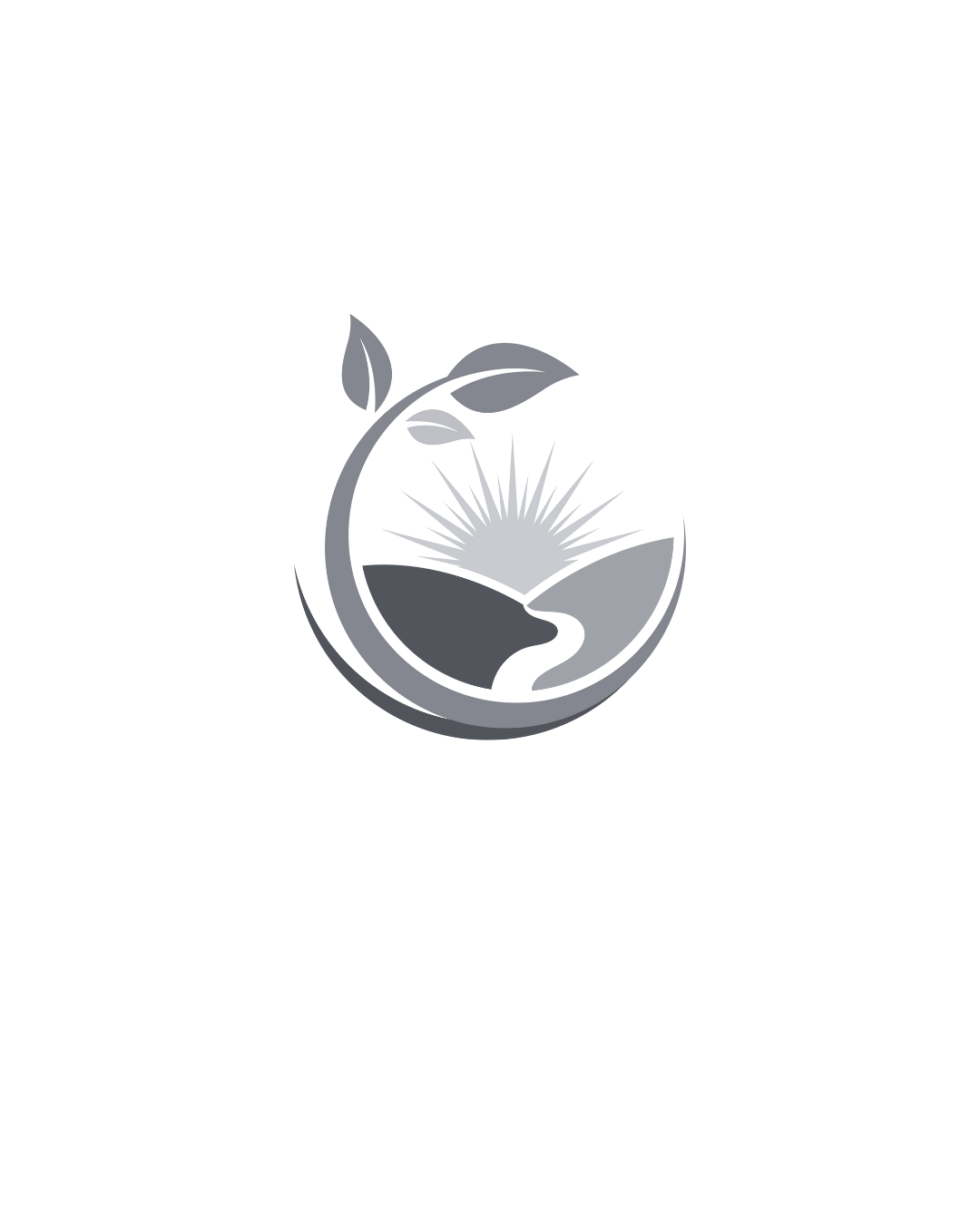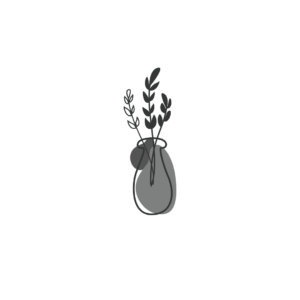Description
Overview of the D.Voc. in Organic Agriculture
A Diploma in Vocation (D.Voc.) in Organic Agriculture is a specialized program focused on sustainable farming practices that avoid synthetic fertilizers and pesticides, promoting ecological balance and biodiversity. This program aims to equip students with the skills and knowledge needed to engage effectively in organic farming and related agricultural practices.
Benefits of D.Voc. in Organic Agriculture
Sustainable Practices: Students learn about sustainable agricultural methods that protect the environment, promote soil health, and reduce chemical dependence.
Growing Demand: There is an increasing consumer demand for organic produce, leading to greater job opportunities and entrepreneurial ventures in organic farming.
Hands-On Experience: Many programs include practical training and fieldwork, providing students with real-world experience in organic farming techniques.
Diverse Career Paths: Graduates can pursue various roles in agriculture, research, agribusiness, or environmental consulting, making it a versatile qualification.
Contribution to Food Security: Learning about organic agriculture enables graduates to contribute to food security and nutrition by promoting healthier food systems.
Community Development: Graduates can play a significant role in community initiatives focused on sustainable agriculture and local food production.
Curriculum for D.Voc. in Organic Agriculture
While the specific courses may vary by institution, a typical curriculum for a D.Voc. in Organic Agriculture may include the following subjects:
Introduction to Organic Agriculture
Overview of organic farming principles, history, and the importance of sustainable agriculture.
Soil Management and Fertility
Principles of organic soil management, including nutrient cycling, composting, and organic amendments.
Crop Production Techniques
Organic methods for growing crops, focusing on seed selection, planting, and crop rotation to enhance productivity and sustainability.
Pest and Disease Management
Strategies for controlling pests and diseases using organic methods, including biological control and integrated pest management (IPM).
Sustainable Livestock Management
Principles of raising livestock in an organic system, focusing on animal welfare, health, and sustainable practices.
Organic Certification Standards
Understanding the certification process for organic farming, including regulations and labeling requirements.
Agroecology
Study of ecological principles applied to agricultural systems, emphasizing biodiversity and ecosystem health.
Water Resource Management
Techniques for efficient water management, irrigation systems, and conservation practices in agriculture.
Post-Harvest Technology
Methods for handling and storing organic produce to maintain quality and reduce waste.
Marketing of Organic Products
Strategies for marketing organic produce, including branding, certification, and direct-to-consumer sales.
Farm Management and Business Skills
Fundamentals of managing an organic farm, including financial management, business planning, and operational aspects.
Research Methods in Organic Agriculture
Introduction to research techniques and methodologies relevant to organic farming and sustainability practices.
Field Work or Internship
Practical experience through internships or hands-on projects on organic farms or agricultural research institutions.
Duration of the Program
The duration of a D.Voc. in Organic Agriculture typically ranges from one to three years, depending on the institution and program structure. Most programs can be completed within two years, incorporating both classroom instruction and practical training.
Career Opportunities After Completing D.Voc. in Organic Agriculture
Graduates of the D.Voc. in Organic Agriculture can explore various career paths, including:
Organic Farmer
Managing an organic farm and growing organic crops or livestock.
Agricultural Consultant
Advising farmers on organic practices, crop management, and certification processes.
Farm Manager
Overseeing operations of organic farms, managing staff, and ensuring compliance with organic standards.
HORTICULTURIST
Specializing in the cultivation of fruits, vegetables, and ornamental plants using organic methods.
Soil Scientist
Conducting research on soil health and fertility in organic systems, providing insights for sustainable farming practices.
Organic Product Marketer
Promoting and selling organic products through various channels, including farmer?s markets, grocery stores, and online platforms.
Researcher in Organic Agriculture
Engaging in academic or applied research focused on organic farming practices, crop development, or sustainability.
Agroecologist
Working to enhance agricultural systems through ecological principles and sustainable practices.
Extension Officer
Providing education and support to farmers regarding organic farming practices and innovations.
Entrepreneur
Starting a business related to organic farming, such as a shop specializing in organic products, a farm-to-table restaurant, or an organic delivery service.
NGO Worker
Working with non-governmental organizations focused on sustainable agriculture, food security, or environmental conservation.
Community Educator
Teaching community members about sustainable agriculture practices, nutrition, and food systems.
Conclusion
A D.Voc. in Organic Agriculture prepares students for a rewarding career in sustainable farming and agriculture. With an increasing focus on health, sustainability, and environmental responsibility, this program equips graduates with the skills needed to thrive in today’s agricultural landscape. If you have any further questions or need more information about this program, feel free to ask!









